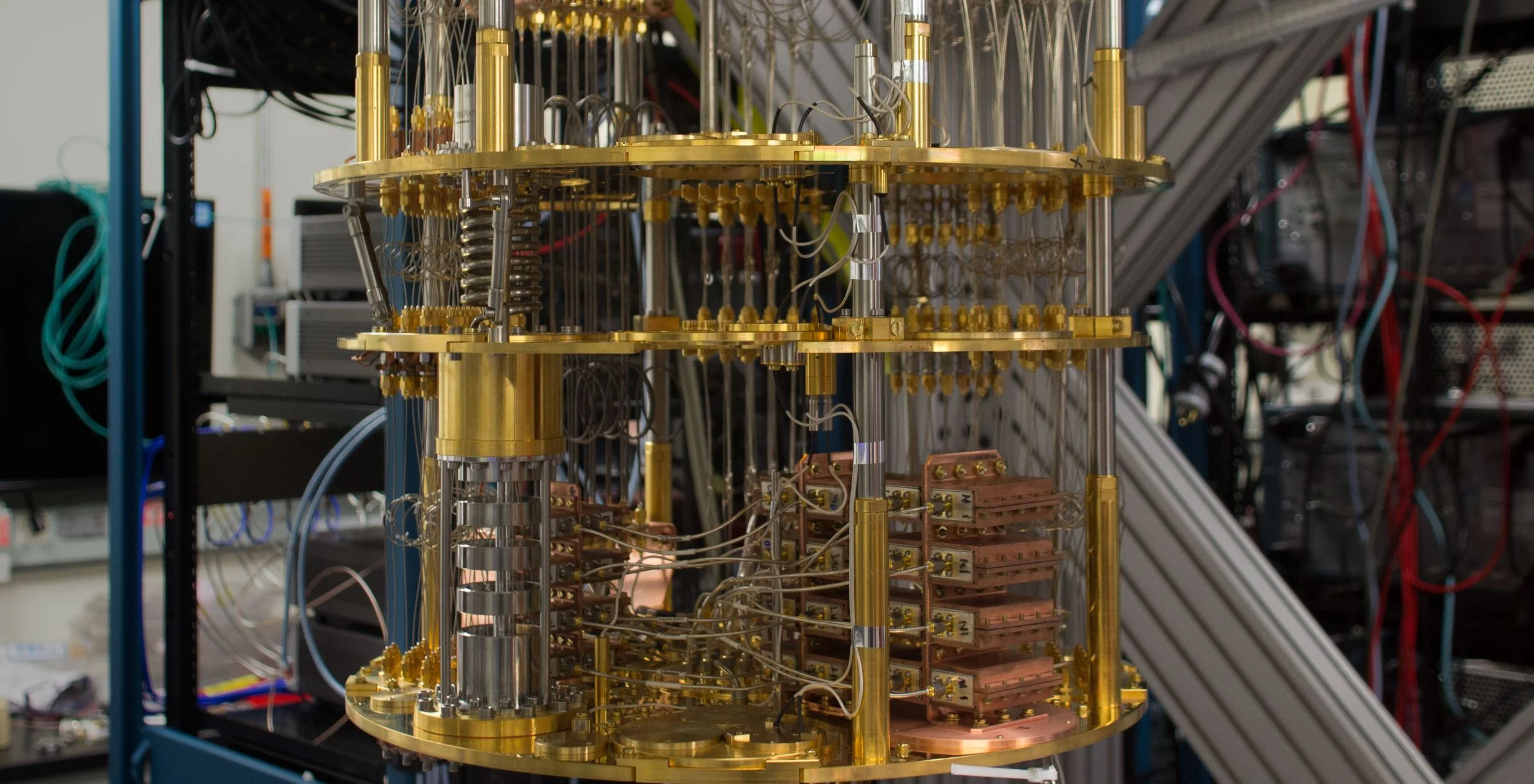I can still recall my surprise when a book by evolutionary biologist Peter Lawrence entitled “The making of a fly” came to be priced on Amazon at $23,698,655.93 (plus $3.99 shipping). While my colleagues around the world must have become rather depressed that an academic book could achieve such a feat, the steep price was actually the result of algorithms feeding off each other and spiraling out of control. It turns out, it wasn’t just sales staff being creative: algorithms were calling the shots.
Hydrogen fuels rockets, but what about power for daily life? We’re getting close
Mass-market electric pickup trucks and SUVs are on the way
New fuel cell has enough juice for drones and subs
Can robots ever have a true sense of self? Scientists are making progress
Having a sense of self lies at the heart of what it means to be human. Without it, we couldn’t navigate, interact, empathise or ultimately survive in an ever-changing, complex world of others. We need a sense of self when we are taking action, but also when we are anticipating the consequences of potential actions, by ourselves or others.
Lightning could protect power grids from hackers
Creating Hydrogen Fuel from Thin Air
It sounds like a magic trick: you put a special device in contact with air, let sunlight fall on it, and it produces free fuel. Yet this is the basic idea of researcher Mihalis Tsampas (NWO Institute DIFFER - Dutch Institute for Fundamental Energy Research) in collaboration with Toyota Motor Europe (TME).
Giving keener “electric eyesight” to autonomous vehicles
Technique could boost resolution of tissue imaging as much as tenfold
Hydrogen trains are coming – can they get rid of diesel for good?
When the UK government cancelled its plans to electrify train lines across Wales, the Midlands and the north of England, and cut back on the Great Western rail network electrification, it brought a premature end to a rail investment program once touted as the biggest the country had seen since the Victorian era. But now reports suggest that the government and train manufacturers are hoping there may be an alternative way to turn British railways electric: hydrogen.
A faster, more efficient cryptocurrency
How growing cities can support at-home electric vehicle charging
In our Wi-Fi world, the internet still depends on undersea cables
IBM launches commercial quantum computing – we’re not ready for what comes next
IBM recently unveiled what it claimed was the world’s first commercial quantum computer. While the announcement of the Q System One wasn’t scientifically groundbreaking, the fact that IBM sees this as a commercial product that organisations (if not individuals) will want to use is an important breakthrough.
Static electricity mystery paves way for better battery life
Cool Tech: Internet of Trees maps the health of trees online
Quantum computer: we’re planning to create one that acts like a brain
The human brain has amazing capabilities making it in many ways more powerful than the world’s most advanced computers. So it’s not surprising that engineers have long been trying to copy it. Today, artificial neural networks inspired by the structure of the brain are used to tackle some of the most difficult problems in artificial intelligence (AI). But this approach typically involves building software so information is processed in a similar way to the brain, rather than creating hardware that mimics neurons.
3D-printed guns may be more dangerous to their users than targets
Despite fears that guns made with 3D printers will let criminals and terrorists easily make untraceable, undetectable plastic weapons at home, my own experience with 3D manufacturing quality control suggests that, at least for now, 3D-printed firearms may pose as much, or maybe even more, of a threat to the people who try to make and use them.

















